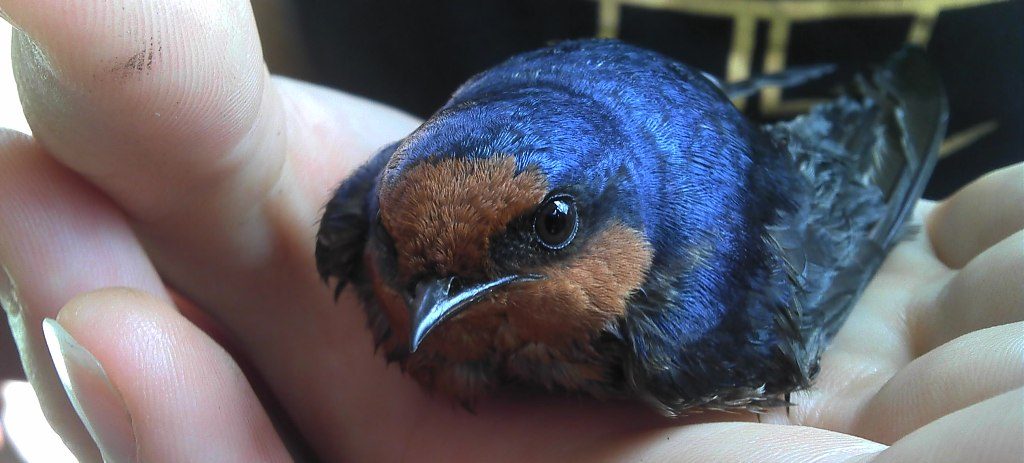If the extent of your interest in gardening is the perfect lawn and an immaculately pruned hedge (probably Mock Orange), then this article is probably not for you. That said, I aim for inclusiveness in my approach so bear with me and we’ll see if we can’t find some common ground and if not then hopefully some light entertainment.
Human beings are beings of nature, we enjoy interaction with the natural world. Although culturally some humans (unfortunately most) draw a line between humans and all the rest of life on earth, the fact remains that biologically and ecologically we are all part of life on earth. We’re inspired and in awe of areas of natural beauty, we enjoy watching other animals, we enjoy growing things, gardening & bushwalking. All these things make us happier, healthier and intrinsically content.
So, my thoughts naturally ramble in the direction of co-operation and sharing when it comes to the other life forms we are blessed to share this earth with. In our gardens, our green dominions, those areas that we can rule over with an iron fist (or at least an assorted blend of steel, alloy and plastic tools) and shape as is our whim into a series of monoculture, monotonous, monospecific, mediocre (and a legion of other words starting with m) manicured lawns and shrubs. These gardens, at best require constant intervention of labour, machine and chemical to maintain this level of morose mediocrity and at worst are functionally green deserts. We can do all this, or, we can get a little bit wild.
Getting a bit Wild in the garden, can take all sorts of forms, but the most crucial element is increasing the range of plants, in both species diversity and form. Ideally you would use as a great range of local native plants that reflect those that naturally occur in your area and provide food and resources for local wildlife. This unfortunately means sticking with local native plants of SE QLD and limits you to a mere 3500 native plant species…. although some could argue that’s a reasonable palette from which to select!
Other valuable elements to getting a little bit wild include: Mulch – use natural leaf litter, living mulches (groundcovers), rockpiles and logs; Question Your Chemical Use – insecticides & rodenticides may be useful short-term solutions to pest damage, but they are poisons that kill other wildlife and could end up in your food! Habitat – nest boxes, rocks, dead trees provide valuable homes.
The wilding of your garden is generous, creative and sharing. It reduces financial and physical inputs over time and the rewards, well they tweet for themselves!

